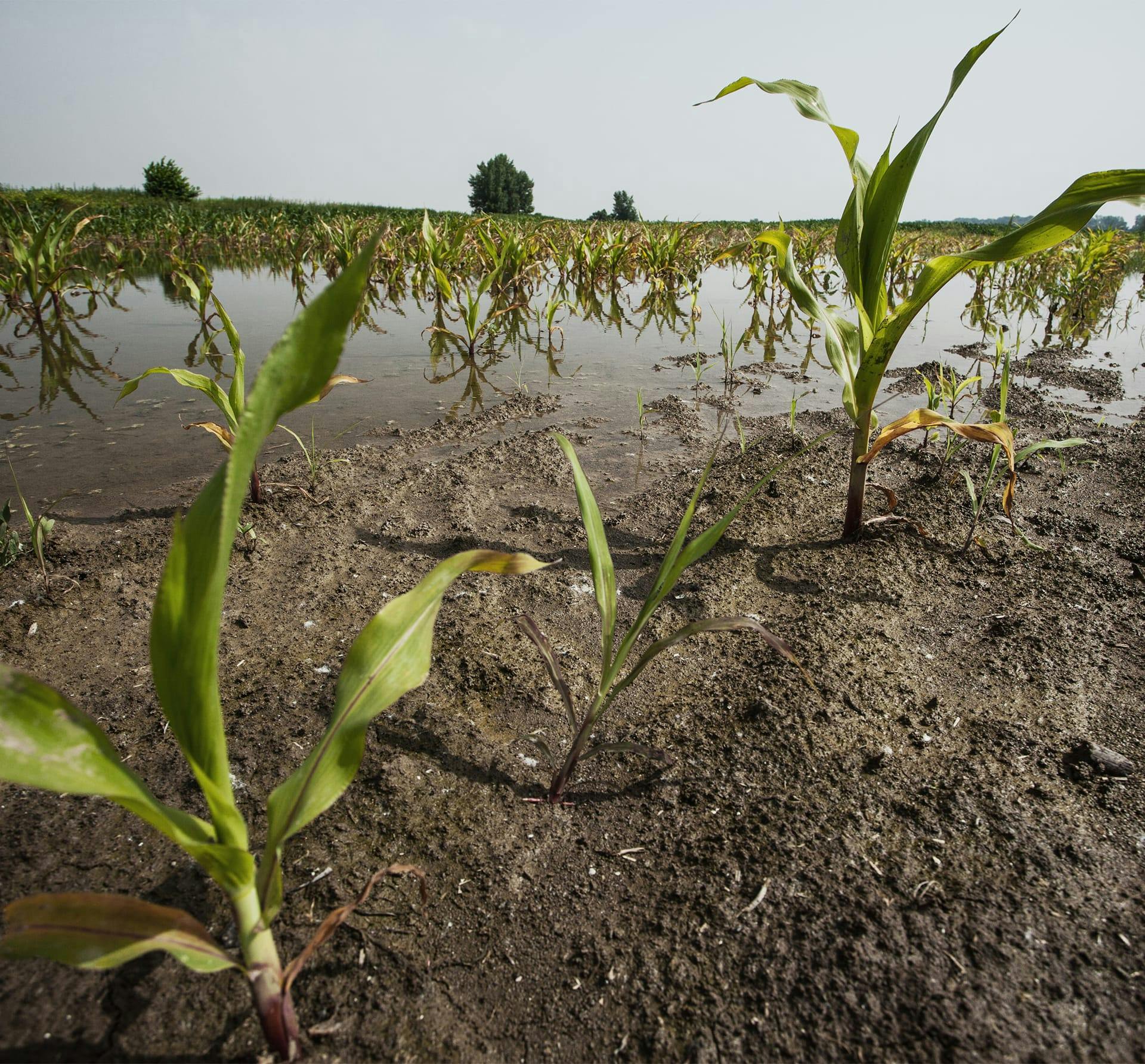According to the United States Department of Agriculture (USDA), in 2017, there were 245,651,153 acres of farmland actively being used for planting a variety of crops, including barley, corn, cotton, oats, sorghum, soybeans, sugar beets, sugarcane, and wheat. That’s over 38,000 square miles of resources for human and animal consumption and use. In our own state of Arkansas, our residents own over 96% of the nation’s rice farms.
The Impact of Crop Damage
There are a variety of consequences related to the damage or failure of crops.
- Weakening Economy. Crop damage impacts the economy from different angles. If an insufficient food supply results, the government may be forced to import food from other countries. Without certain crops, livestock numbers may decrease, and the farming industry will take a hit.
- Failure of Agriculturally Based Industries. The industries related to the agricultural industry’s success include food processing and cloth manufacturing. The agriculture-based industries will suffer if there is a lack of raw materials.
- Increased Food Prices. Crop failures often lead to a severe increase in food prices.
Starvation. In severe cases, especially in countries that rely entirely on their own food supply, crop damage and failure may put the general population at risk for starvation. This is especially true if no regulations or plans are in place to counteract the damage.



